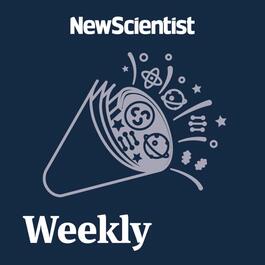
SpaceX makes history with Starship rocket; bringing thylacines back from extinction
Episode 272 SpaceX has made history with its Starship rocket, the largest rocket ever built and one that’s hoped to eventually take us to Mars. In its fifth test, SpaceX successfully returned the rocket’s booster back to the launchpad and caught hold of it – an engineering feat of great finesse. But how close are we to putting crew on the rocket–- and when will it take humanity to the Red Planet? Leah-Nani Alconcel, spacecraft engineer at the University of Birmingham, joins the conversation. We might be closer than ever before to bringing Tasmanian tigers (thylacines) back from extinction. That’s if de-extinction company Colossal is right about their latest discovery, of a nearly complete genome of the thylacine. Is this the breakthrough it seems to be? And can we truly bring back thylacines as they once were? Brain scans have revealed that bullying has a physical effect on the structure of the brain. Young people who are bullied see changes in various brain regions and it seems to impact male and female brains differently. Are these changes permanent? And is this cause to take bullying more seriously? The “very fabric of life on Earth is imperilled.” That’s according to the latest annual State of the Climate report. Thirty-five “planetary vital signs” have been assessed by researchers and the outlook is bleak. But among all the worrying climate records we’ve broken there is hope. Hear from study author Tom Crowther of ETH Zurich. Hosts Rowan Hooper and Chelsea Whyte discuss with guests Leah Crane, Leah-Nani Alconcel, Michael Le Page, Alexandra Thompson, James Dinneen and Tom Crowther. To read more about these stories, visit https://www.newscientist.com/ Hosted on Acast. See acast.com/privacy for more information. Learn more about your ad choices. Visit megaphone.fm/adchoices
From "New Scientist Weekly"


Comments
Add comment Feedback